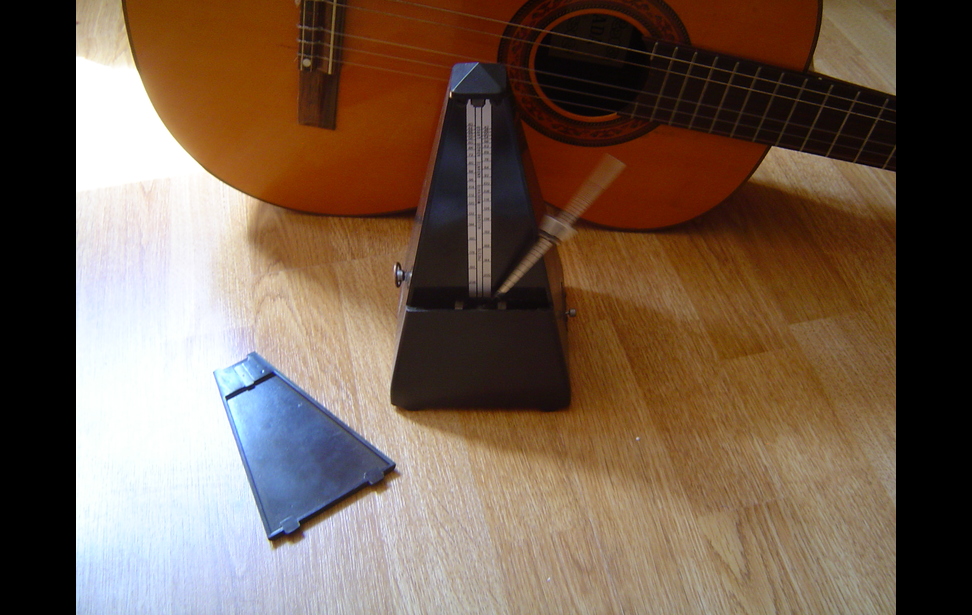3 Destructive Myths About Using A Metronome For Guitar Practice
While using a metronome to practice your guitar (or other instrument) is a good idea, there are some myths about it, that won't make you better.
Unfortunately this article expired on December 7, 2023.
The above is a summary of
the original article from T. Hess.








